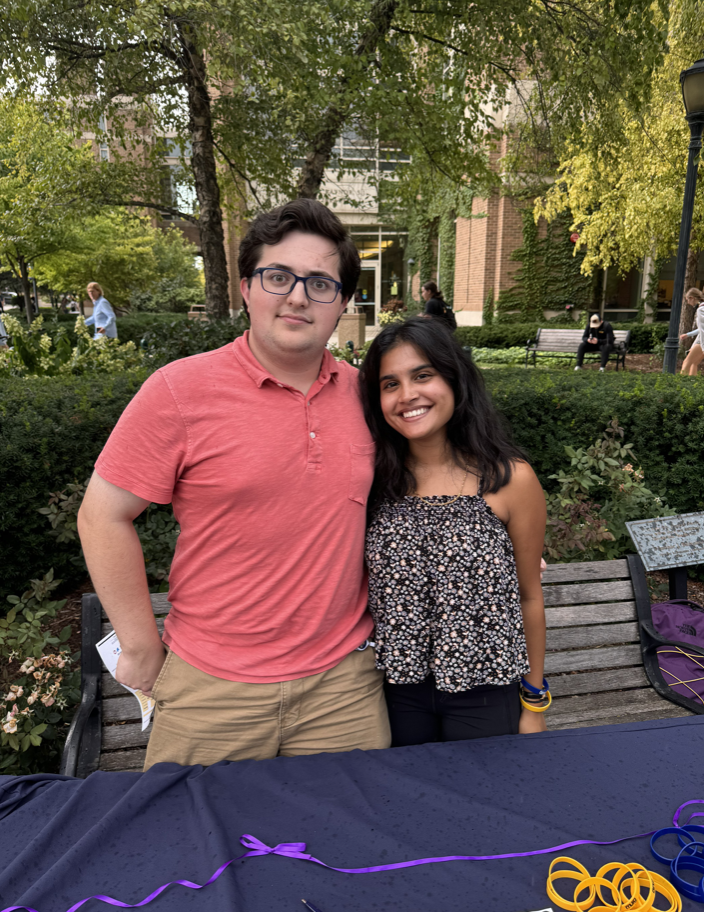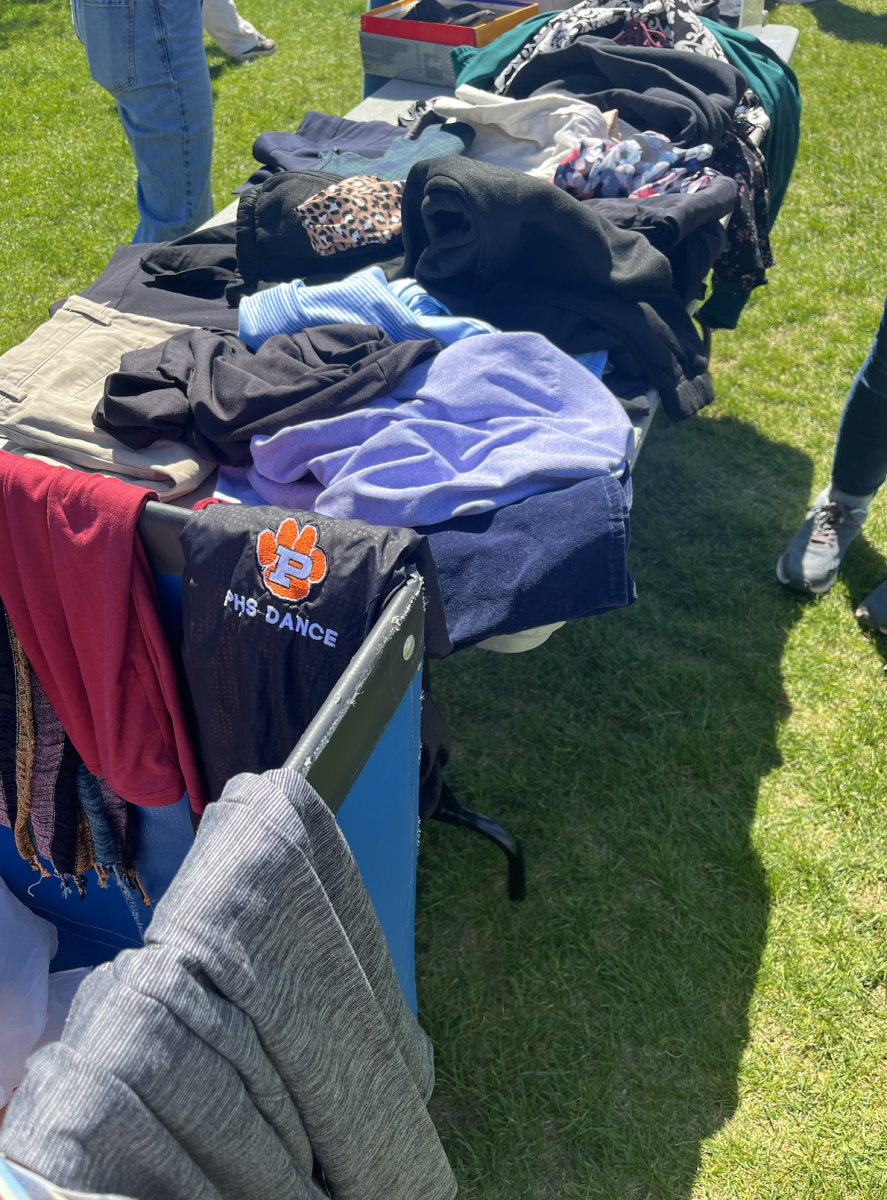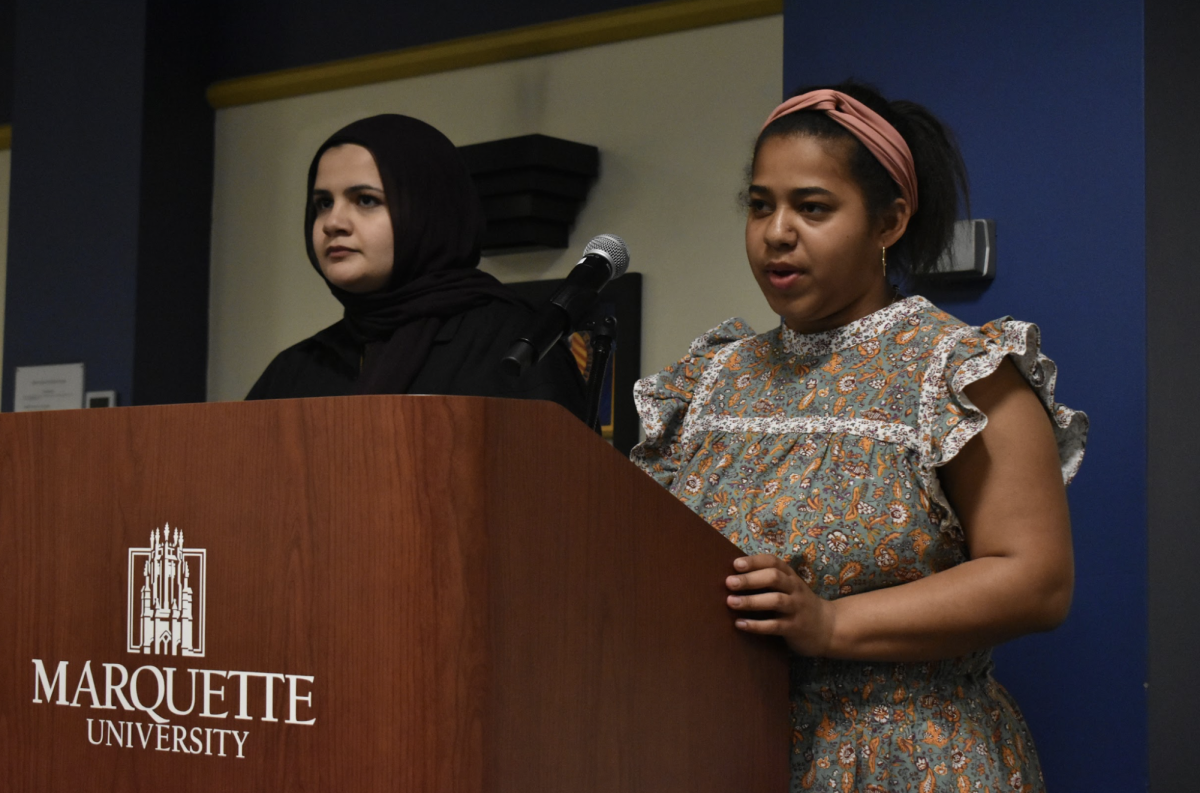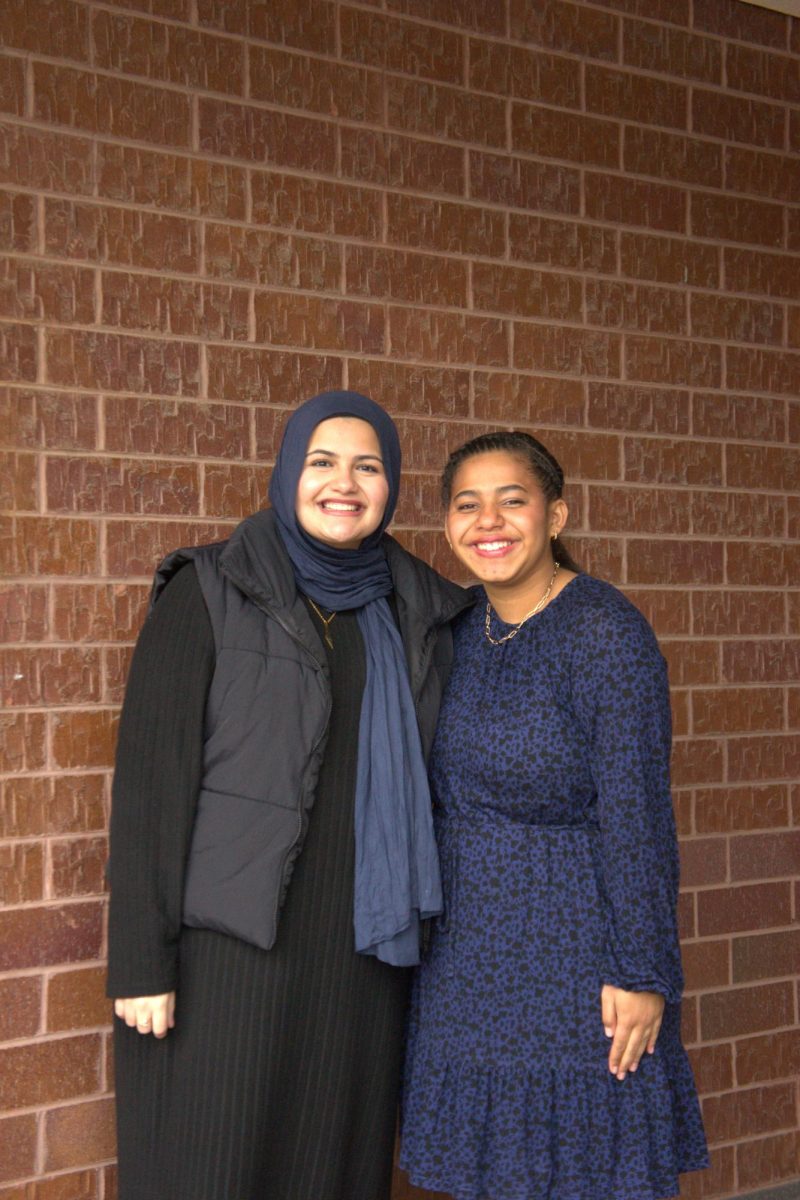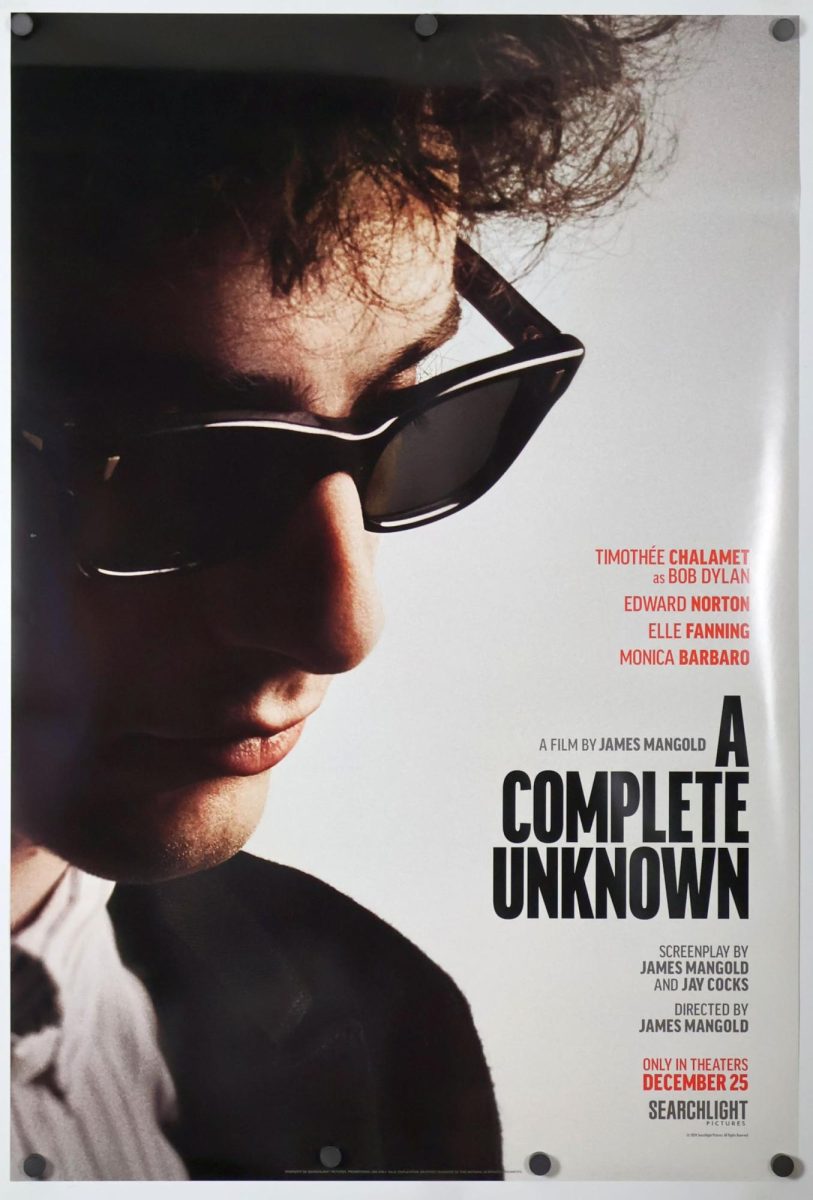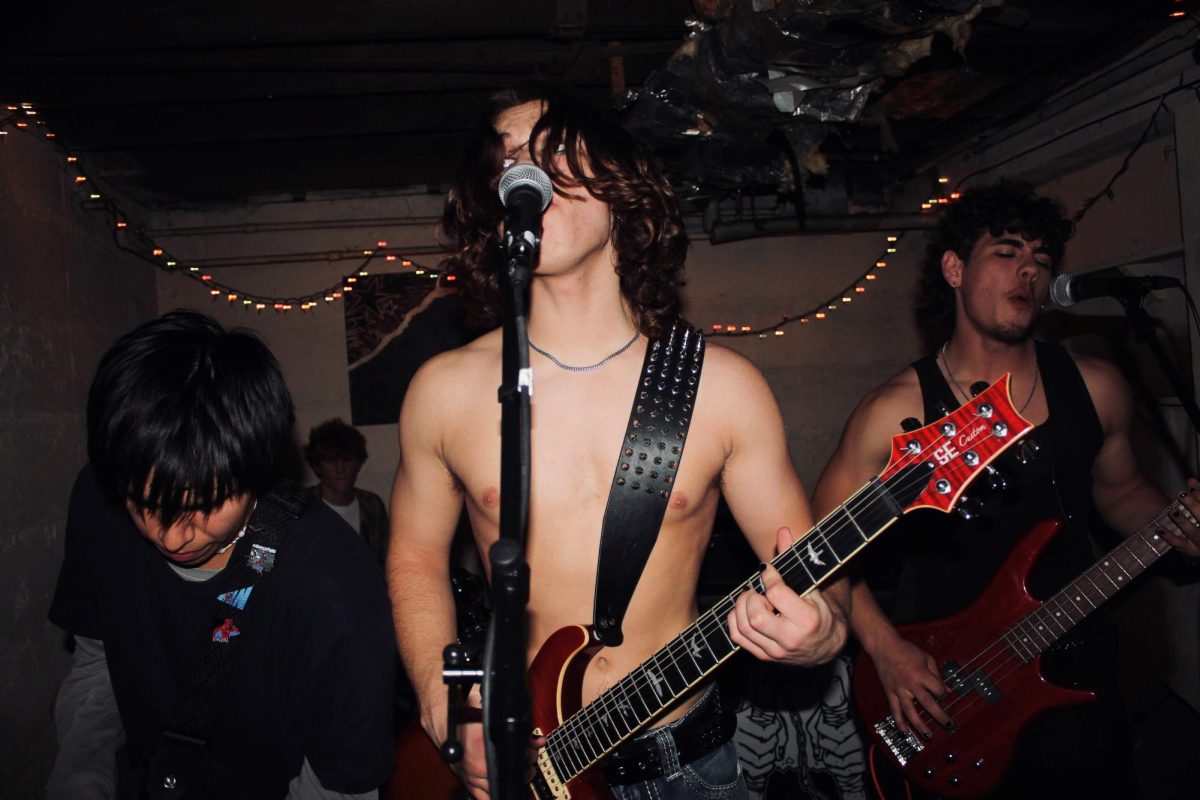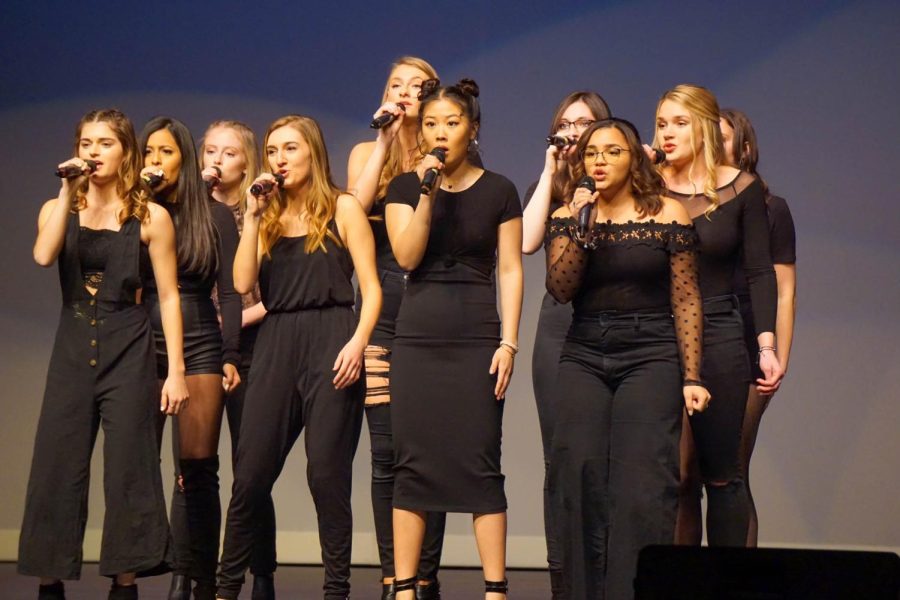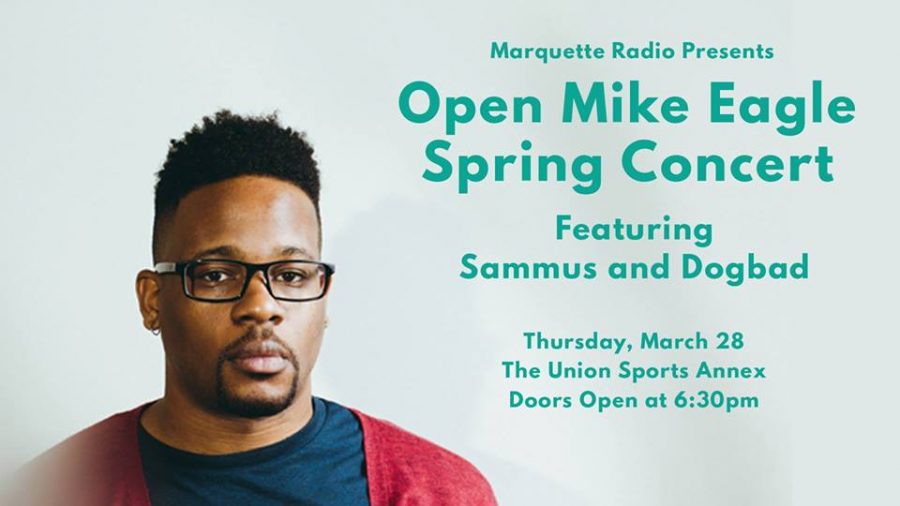Marquette Student Government last Thursday approved the organization’s 2013 fiscal year budget, which included a notable departure from recent years’ budgets in its unanimous decision to discontinue funding to the “Major Events” budget line, which included funding for the annual spring concert.
Matt McGonegle, MUSG program vice president and a junior in the College of Arts & Sciences, said the decision is the culmination of discussions over the past three to four years. He said MUSG has conducted surveys, talked to people and asked for feedback after each event.
McGonegle and Brittany Riesenbeck, MUSG financial vice president and a sophomore in the College of Business Administration, both said the decision was made for several reasons.
McGonegle said one of the biggest reasons for the cut was that the concerts in recent years were too expensive to host per student in attendance.
According to Riesenbeck, feasible attendance has been disproportionate to the amount of money supplied from the student activity fee each year, meaning that the past money spent on the concerts was being used to cater to a smaller than desirable number of students, despite the fact that all students’ money was used to fund it.
When all undergraduate students pay their tuition each semester, they pay a $30 student activity fee, which goes to MUSG and is used to estimate the MUSG budget.
Even though all the roughly 8,000 undergraduate students pay their activity fee per semester, only a certain number of students can attend the concert due to space constraints, according to Riesenbeck. The largest space on campus to host a concert is the AMU ballrooms, which can only hold 700 people for a large-scale concert.
“It deals with the concept of expenses versus the attendance we can feasibly cater to,” Riesenbeck said.
McGonegle agreed.
“To only fit 700 out of (a possible 8,000) is a shame and is irresponsible,” McGonegle said.
Cheaper music and other entertainment offerings at nearby venues such as the Rave, the Bradley Center and the Marcus Center also played a role in the decision.
“We can’t compete with that,” McGonegle said. “Especially considering they have a concert every day and a wide variety – we get one shot at it. Looking at all these things stacked against it, the activity fee is better spent in other places and will benefit students more.”
MUSG has proposed a coffeehouse series in place of the spring concerts.
McGonegle said the benefit of the coffeehouse series is its ability to reach more people.
“They will be frequent, not one day out of the entire year. There will be several,” McGonegle said.
McGonegle also said the coffeehouse series would have have the potential to reach 1,000 students over the year rather than 700 and that the new series could be tailored to different interests.
“We can theme each one, have a country night, have something like an orchestra night, have a creative space for students to share thoughts and opinions,” McGonegle said.
McGonegle said it was important for MUSG to keep music on campus.
“We know music impacts people,” McGonegle said. “People have diverse opinions about music. It’s also a place to make bonds over, another outlet for students to go out and make connections.”
Both Riesenbeck and McGonegle maintain that MUSG responds to trends and that there is a possibility the spring concerts will return in the future.
“Maybe if we come back in 20 years, we’ll see Marquette has the ability to make a concert (that caters to all students) happen,” Mcgonegle said. “But with the capacity we have now, we can’t do it.”
“The change in budget lines is not cemented for several years. We look at how we can best address student needs,” Riesenbeck said. “Keep in mind, if we see that there is a trend going somewhere else, the budget will respond that way.”
McGonegle and Riesenebeck said they welcome concerned student discussion.
Erin McGarry, a senior in the College of Communication, attended the Girl Talk MUSG Spring Concert and said MUSG should consider keeping the concerts.
“They should keep it,” she said. “It’s good for people who aren’t 21 as an alternative to other outings.”

